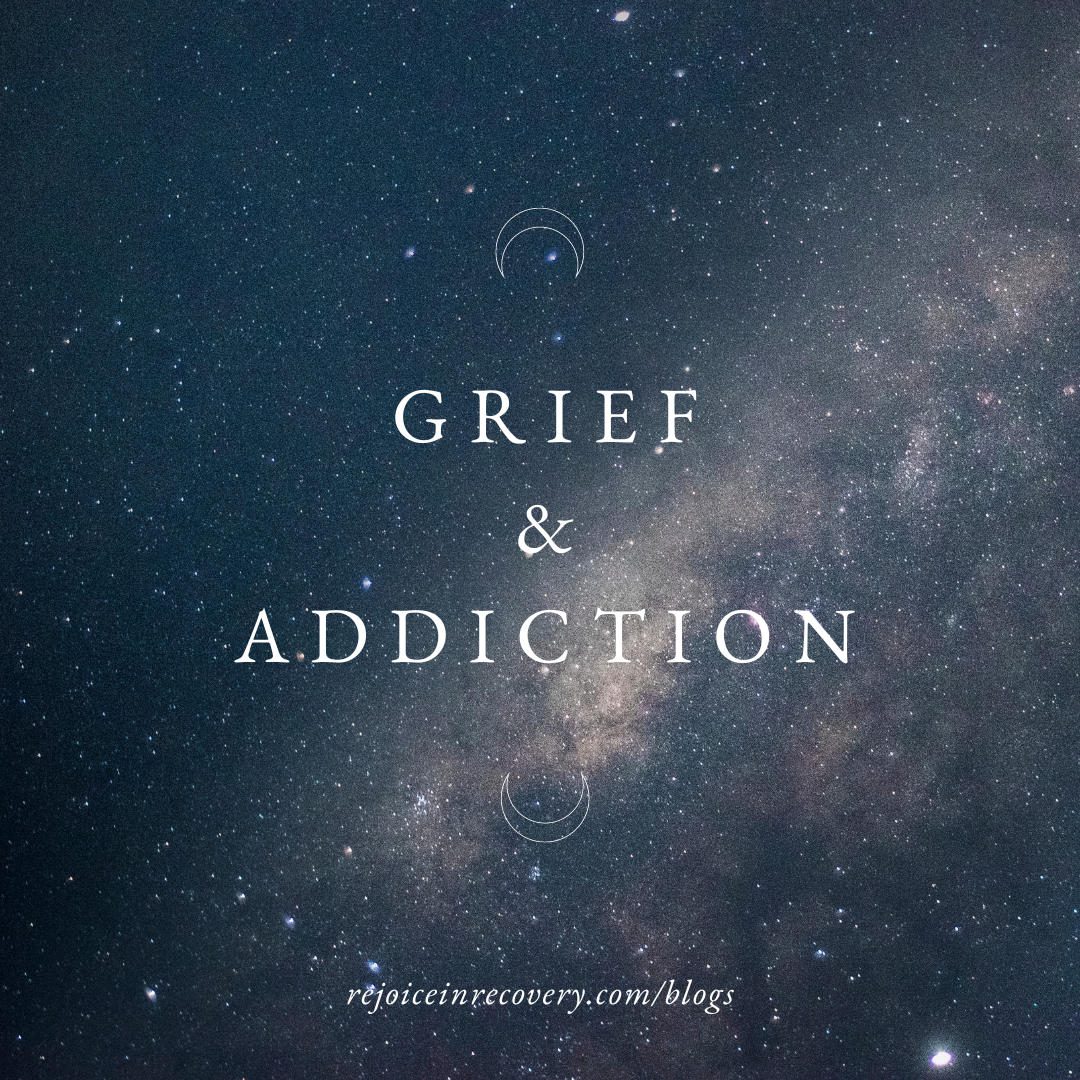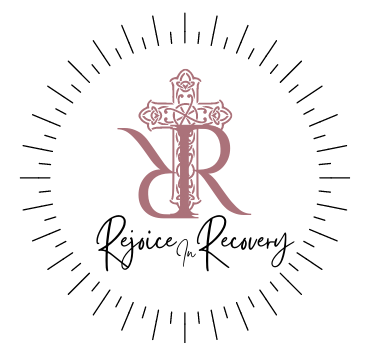
Grief & Addiction
Share
Coping with addiction while experiencing grief can be extremely challenging, as both addiction and grief are complex emotional experiences. Here are some strategies that may help you cope with addiction while grieving:
-
Acknowledge Your Feelings: Allow yourself to acknowledge and experience your feelings of grief and loss. It's important not to suppress or ignore these emotions, as they can contribute to addictive behaviors. Give yourself permission to feel whatever emotions arise, whether it's sadness, anger, guilt, or confusion.
-
Seek Support: Reach out to supportive friends, family members, or a therapist who can provide understanding and empathy during this difficult time. Joining a support group for individuals dealing with addiction and grief can also be helpful, as it can provide a sense of community and connection with others who are going through similar experiences. Go to the "Get Support" on our website and click on "Grief Share".
-
Practice Self-Care: Take care of yourself physically, emotionally, and mentally. This may include getting enough sleep, eating nutritious foods, exercising regularly, and engaging in activities that bring you joy and relaxation. Engaging in self-care activities can help alleviate stress and improve your overall well-being.
-
Develop Coping Strategies: Identify healthy coping strategies that can help you manage your emotions without turning to addictive substances or behaviors. This may include deep breathing exercises, mindfulness meditation, journaling, or engaging in creative outlets such as art or music. Find what works best for you and incorporate these strategies into your daily routine.
-
Set Boundaries: Set boundaries with yourself and others to protect your well-being. This may involve limiting contact with people or situations that trigger addictive behaviors or exacerbate feelings of grief. Communicate your needs and boundaries assertively and prioritize your own recovery and healing process.
-
Seek Professional Help: Consider seeking professional help from a therapist or counselor who specializes in addiction and grief. They can provide you with personalized support, guidance, and coping strategies to help you navigate these complex emotions and challenges.
-
Avoid Isolation: While it's natural to want to withdraw from others when grieving, try to avoid isolating yourself. Surround yourself with supportive individuals who can offer comfort and encouragement. Even if it's challenging, make an effort to stay connected with others and engage in social activities that bring you a sense of connection and belonging.
-
Practice Patience and Self-Compassion: Be patient with yourself and recognize that healing from both addiction and grief takes time. Avoid self-judgment or criticism and instead practice self-compassion and forgiveness. Treat yourself with kindness and understanding as you navigate this difficult journey.
Remember that it's okay to seek help and support when coping with addiction and grief. You don't have to go through this alone, and reaching out for assistance is a courageous step towards healing and recovery.
